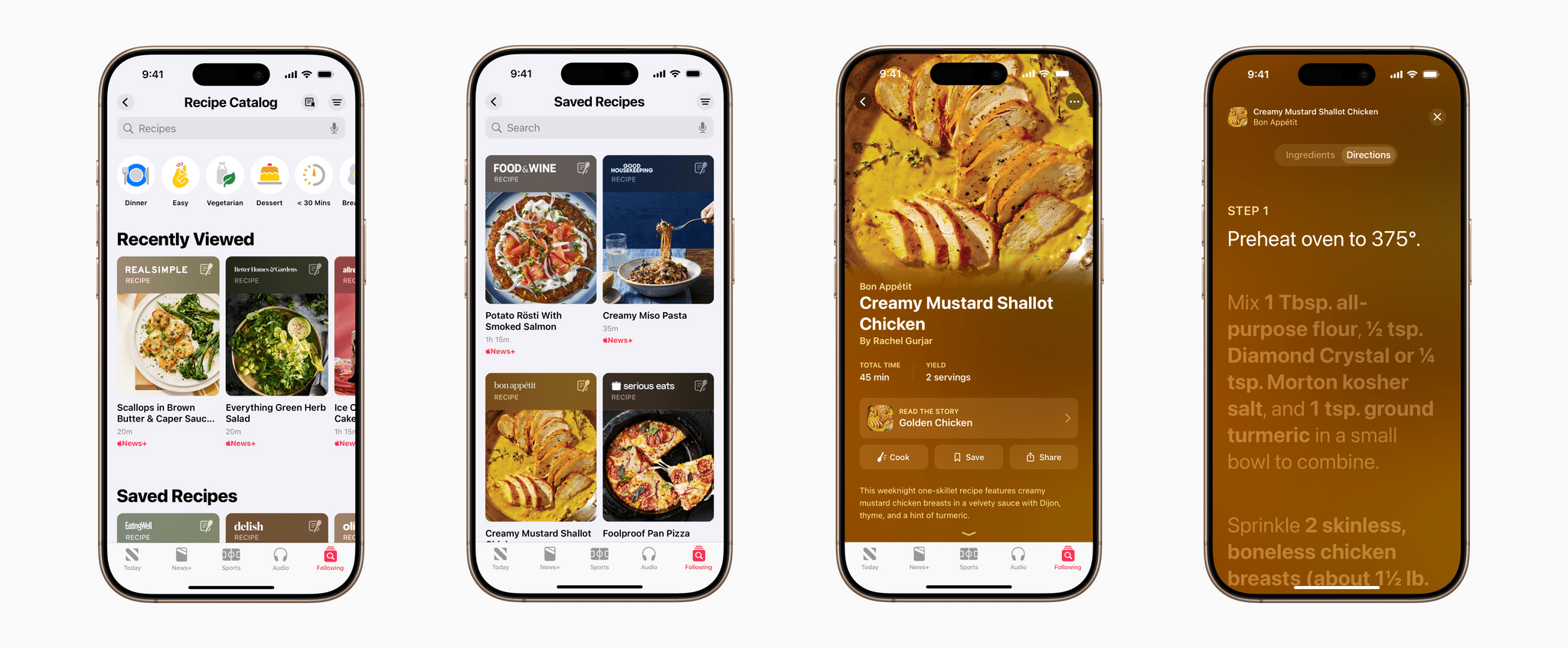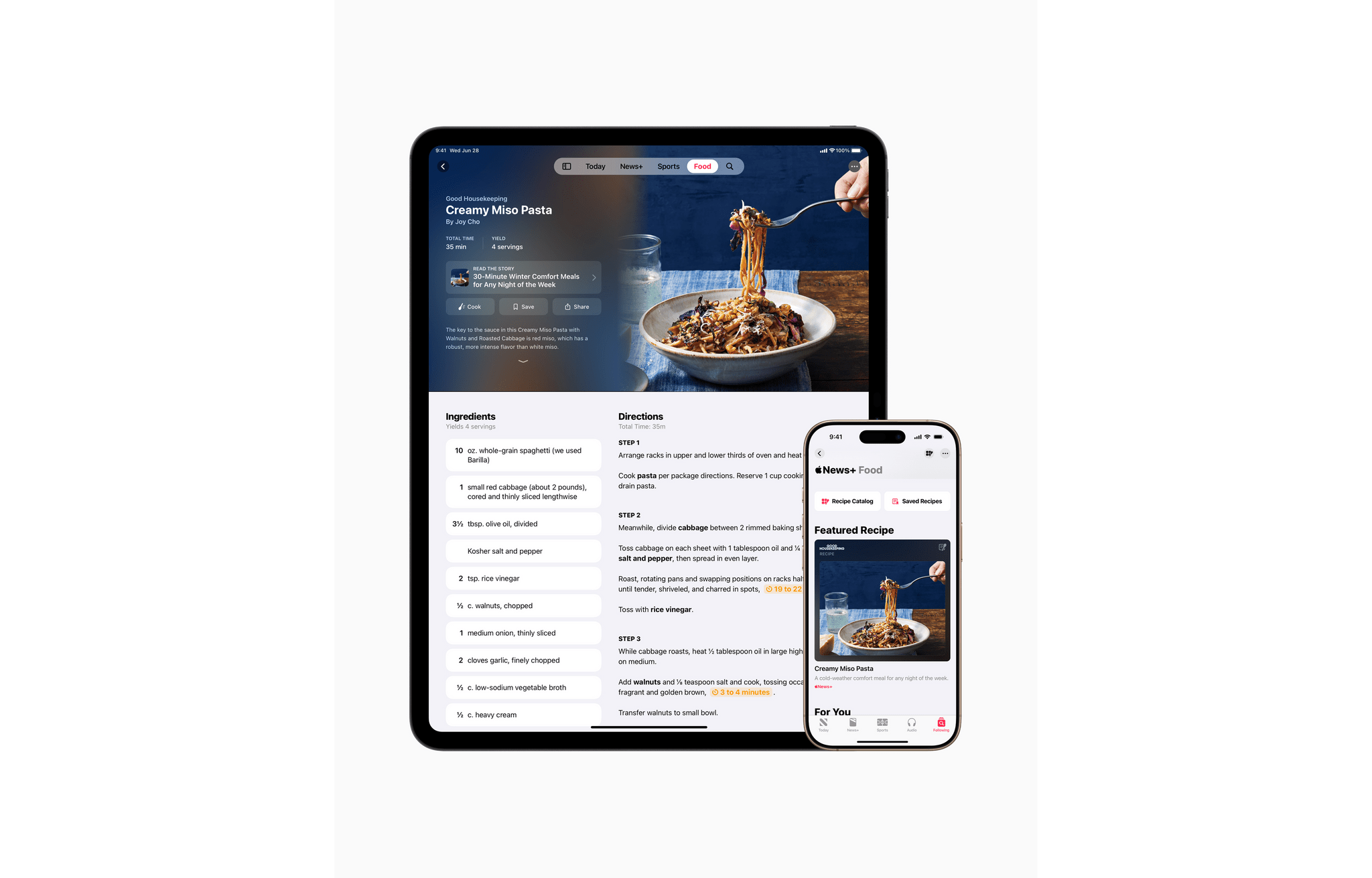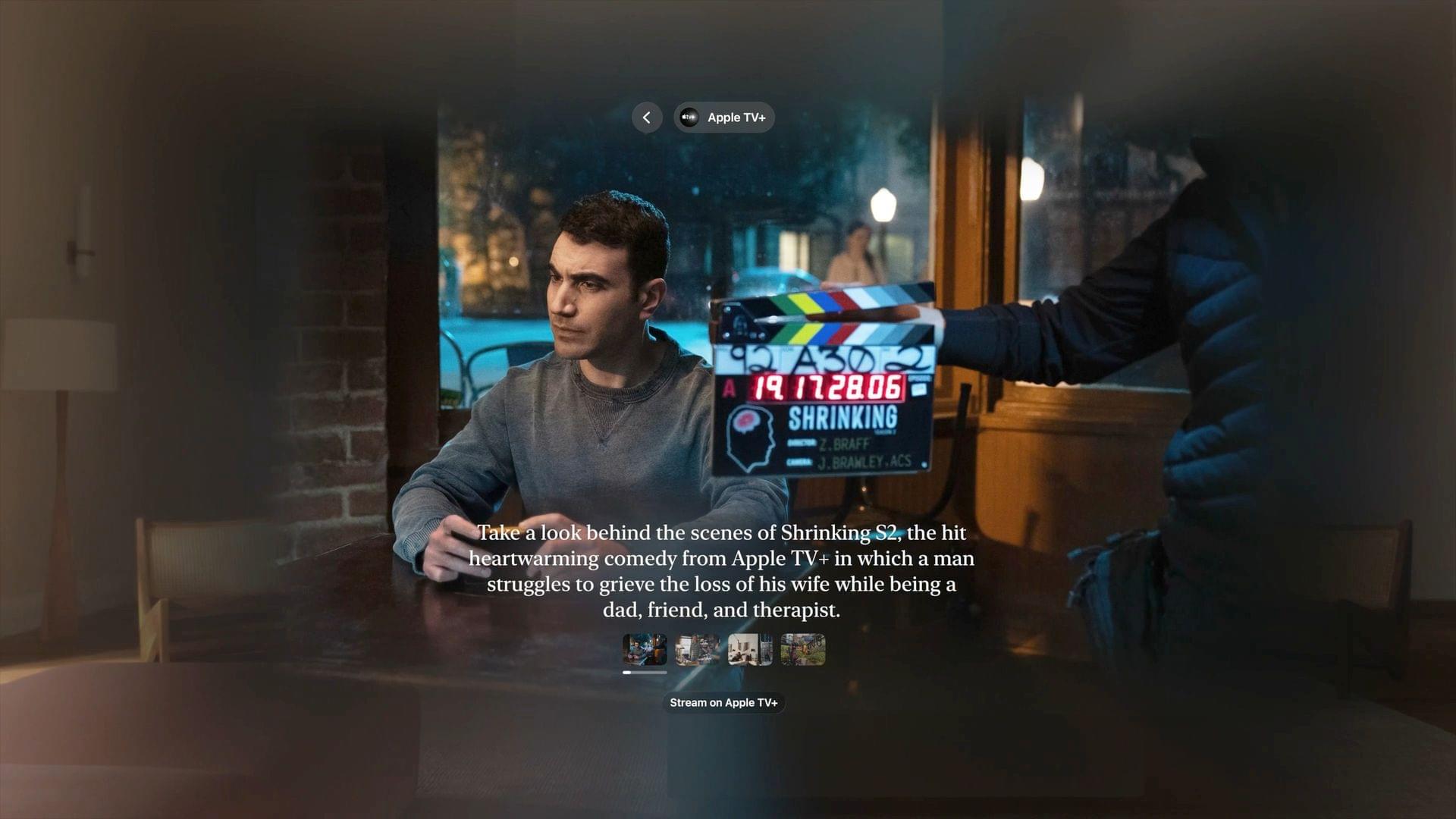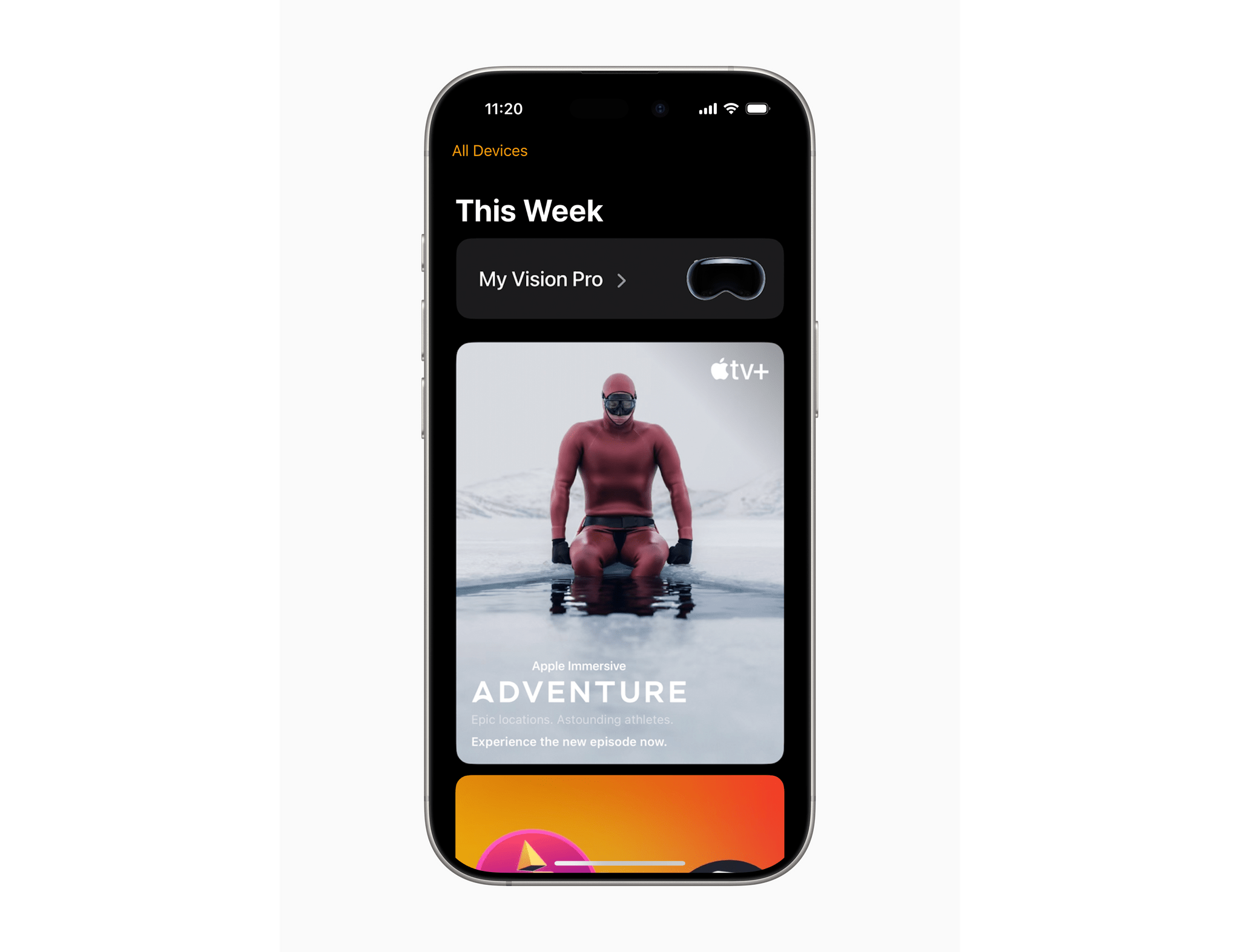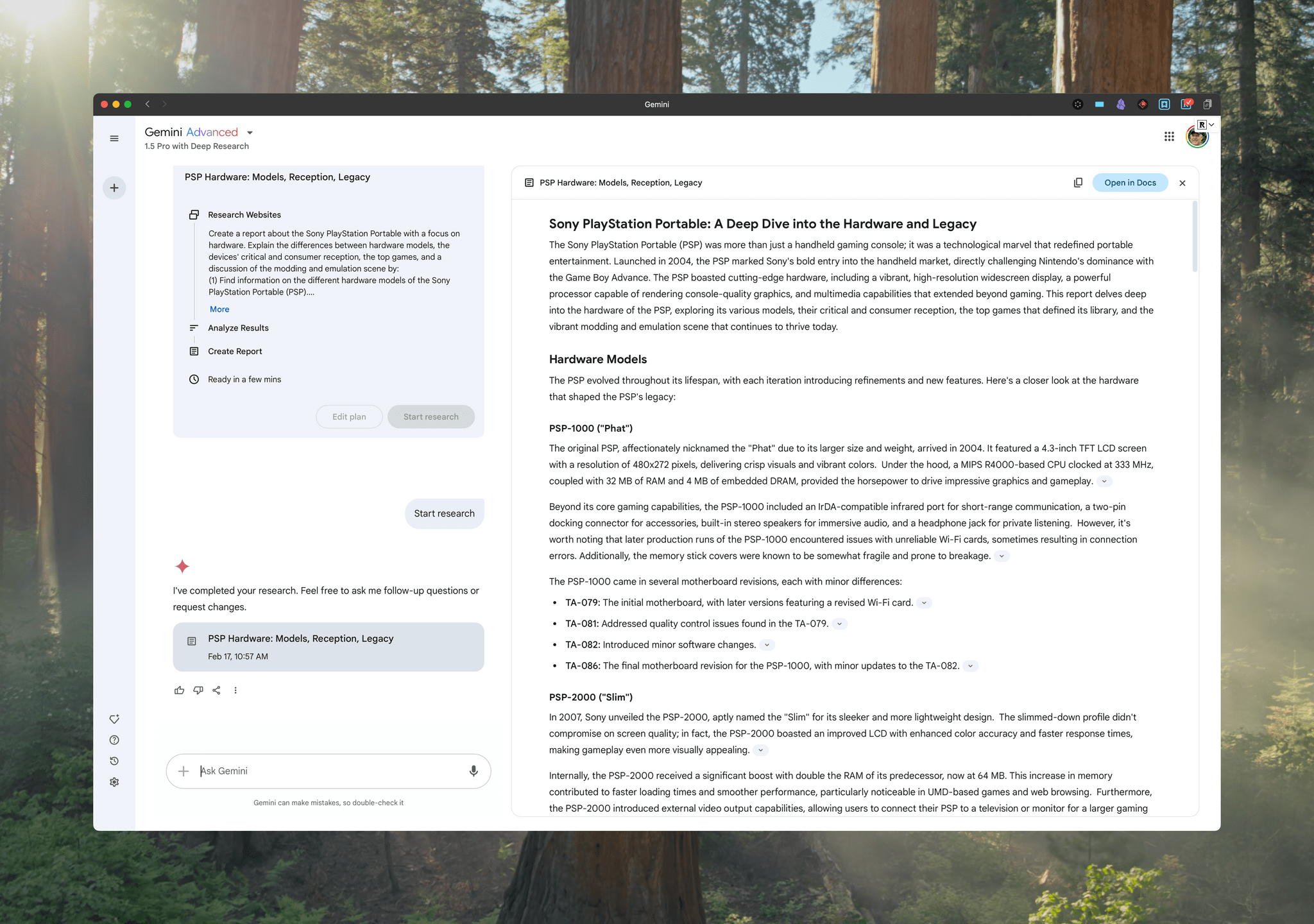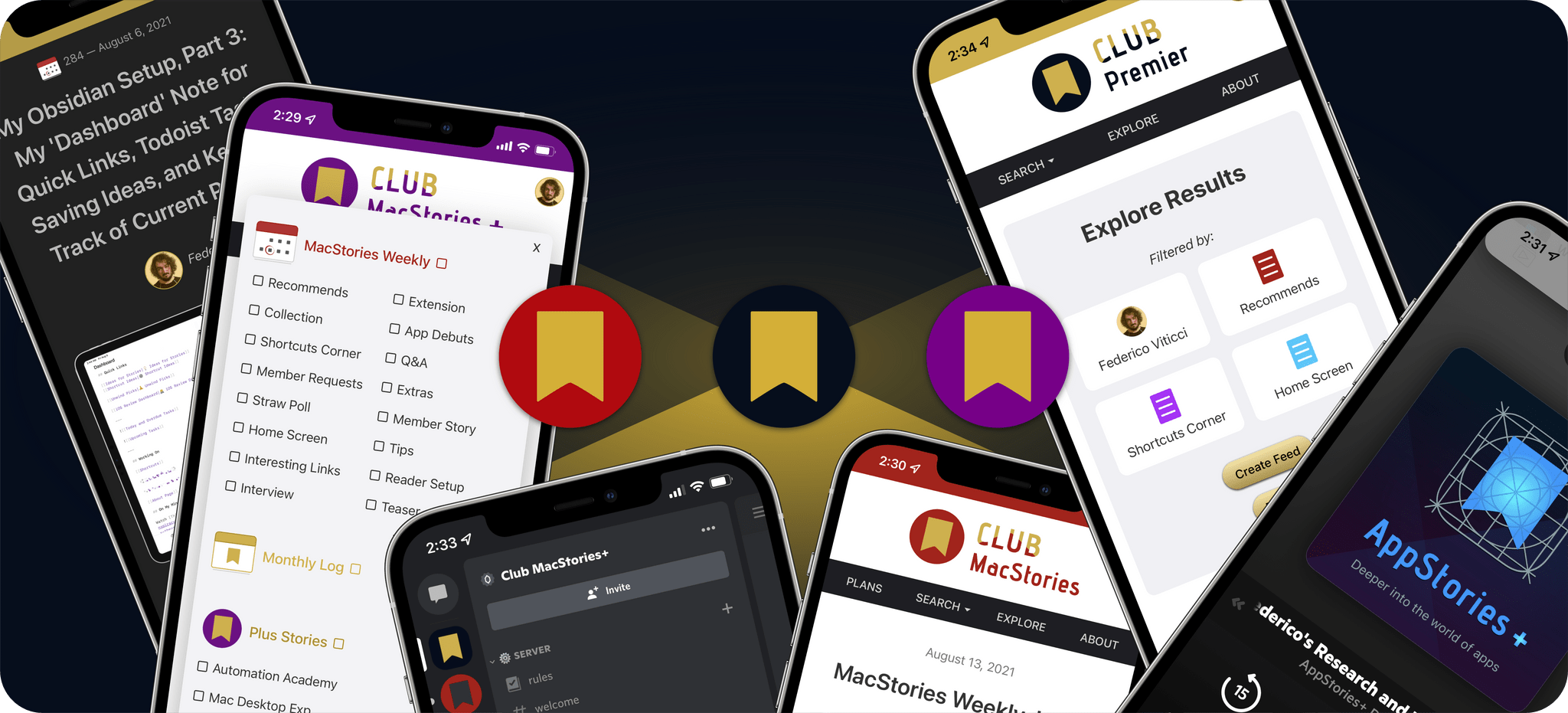Apple announced today that visionOS 2.4 will add some big features to the Vision Pro.
For starters, Apple Intelligence is coming to the Vision Pro. When I was at WWDC, I was surprised when there was no mention that Apple Intelligence would be added to visionOS. Since then, visionOS 2.0 and three subsequent releases have debuted without any sign of Apple Intelligence. However, that will change with the release of visionOS 2.4 in April.
Apple says visionOS 2.4 will include:
- Writing Tools;
- ChatGPT integration;
- Genmoji;
- Image Playground; and
- Other unspecified features
In addition, visionOS will debut Spatial Gallery, a new Vision Pro app that Apple says will feature “a curated collection of spatial photos, spatial videos, and panoramas from artists, filmmakers, photographers, and more,” including new Immersive video titles.
Apple is also releasing a Vision Pro app for the iPhone that adds:
a new way to download apps and games from the App Store; discover experiences from Apple TV, Spatial Gallery, and more; easily find helpful tips; and quickly access information for their Vision Pro. Enhancements to Guest User make it easier than ever for users to share apps and experiences with family, friends, and colleagues using a nearby iPhone or iPad.
Apple says you’ll be able to queue a download from your iPhone for your Apple Vision Pro. I gave up trying to share my Vision Pro with my family almost immediately because it was such a cumbersome process, so better sharing will be welcome. If it works as promised, this sounds like a much better approach:
With new enhancements to Guest User in visionOS 2.4, users can start a Guest User session with their nearby iPhone or iPad. When their device is unlocked, they can choose which apps are accessible to their guest and start View Mirroring with AirPlay, making it easy to guide a guest through their Vision Pro experience.
It’s great to see Apple continue to push the Vision Pro forward with better user experiences, new content, and additional ways to enjoy its unique features.









